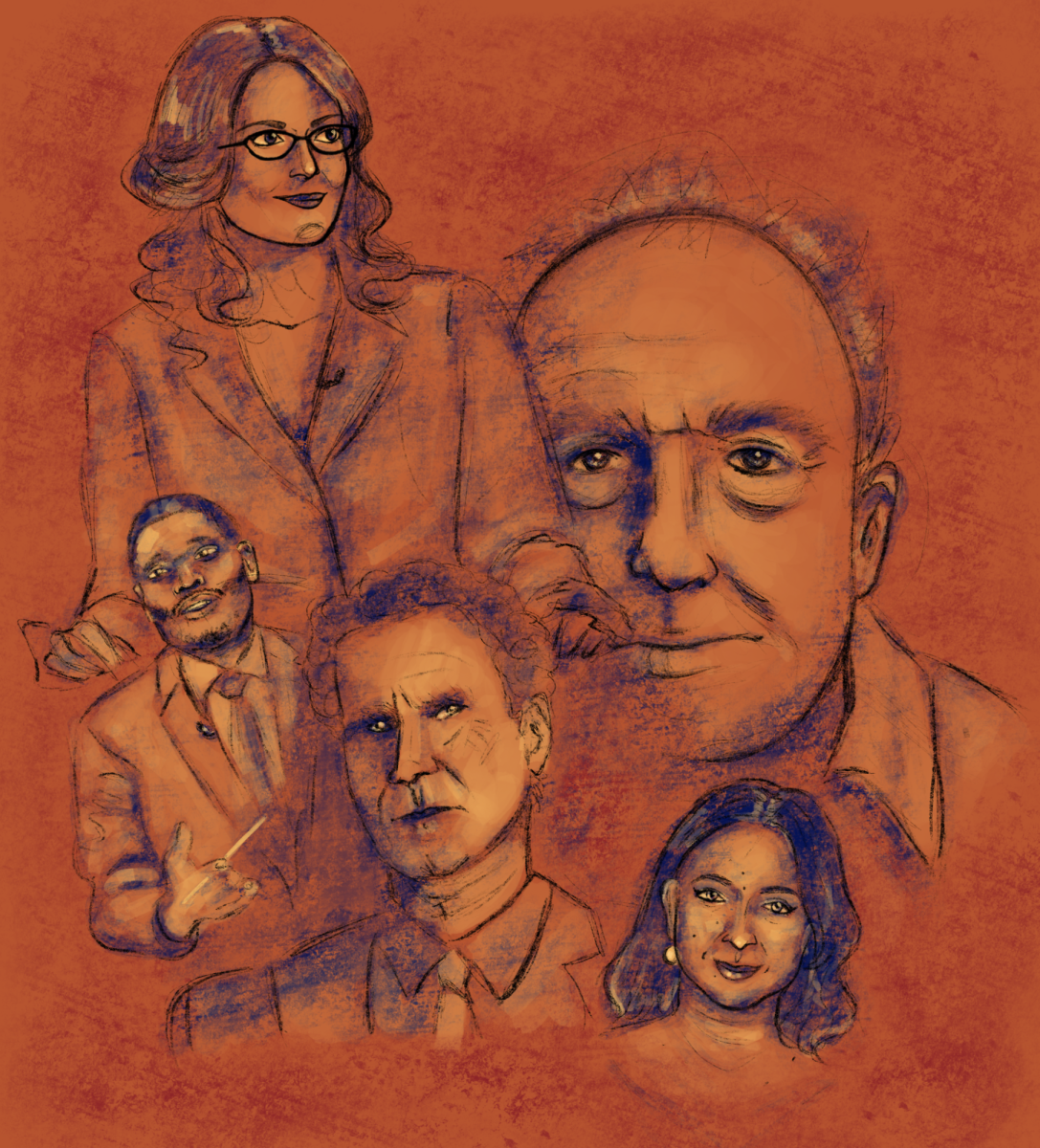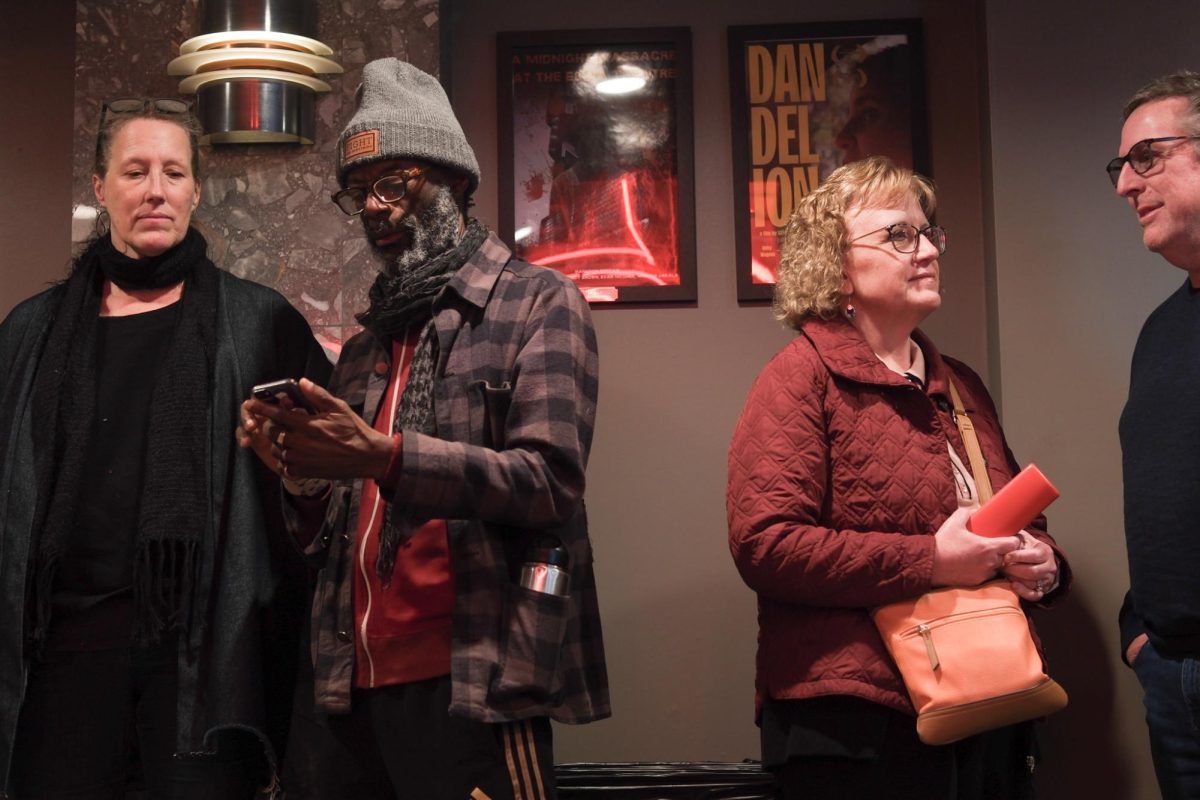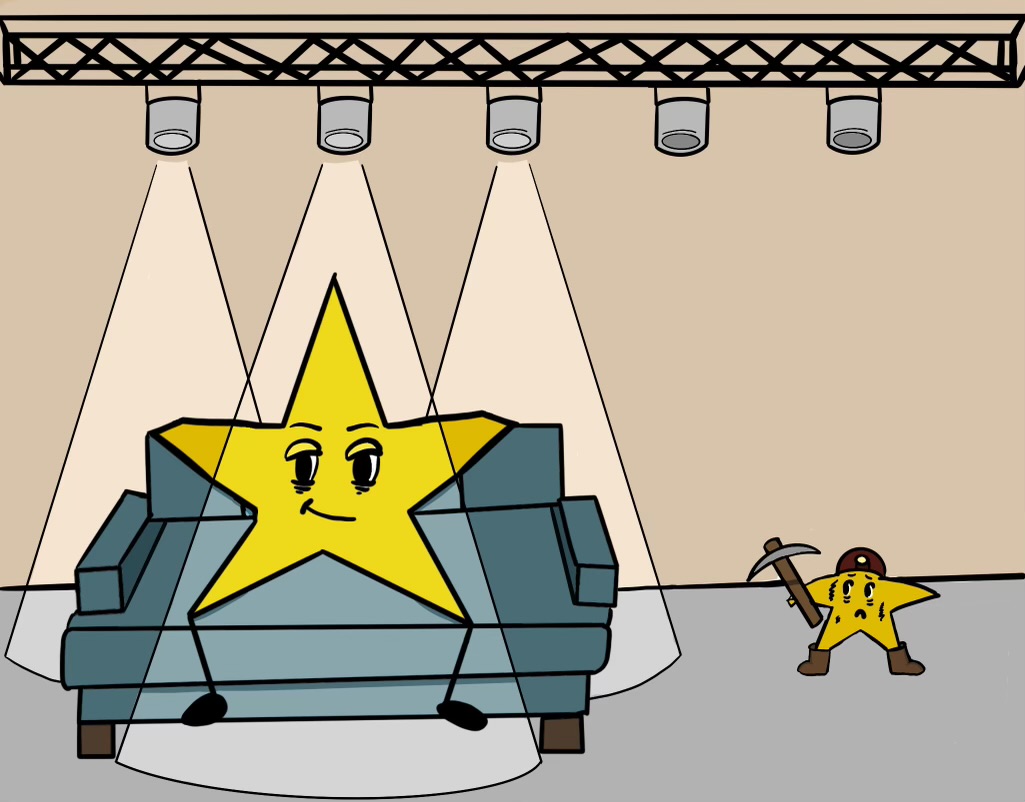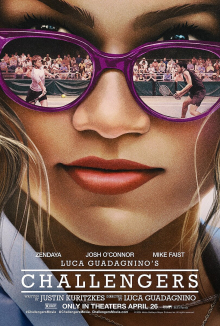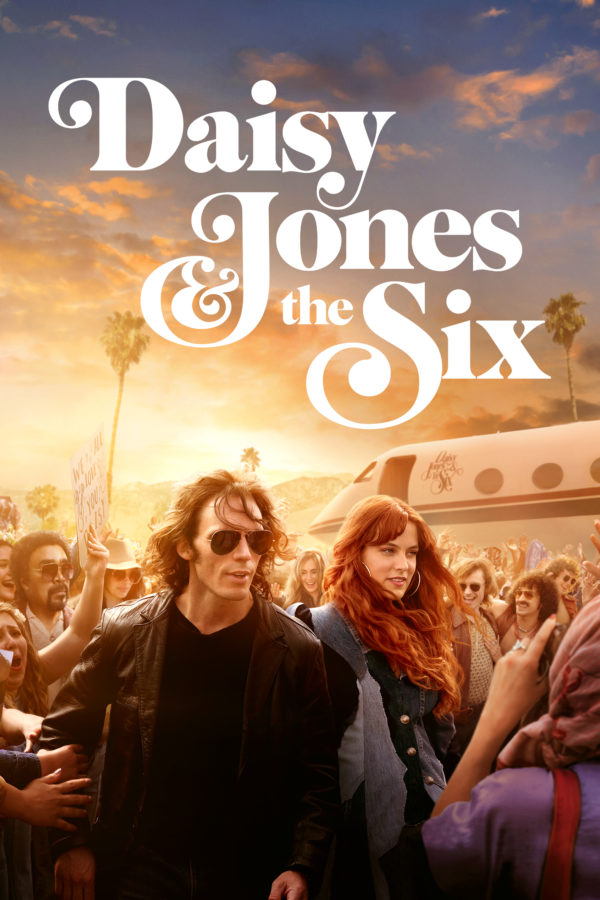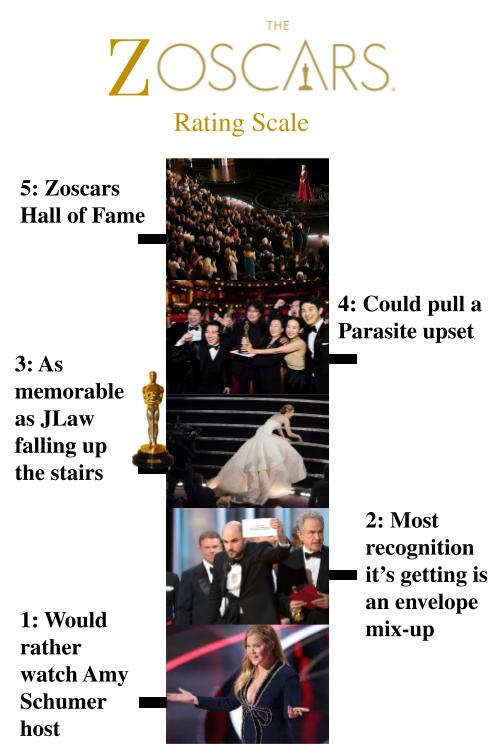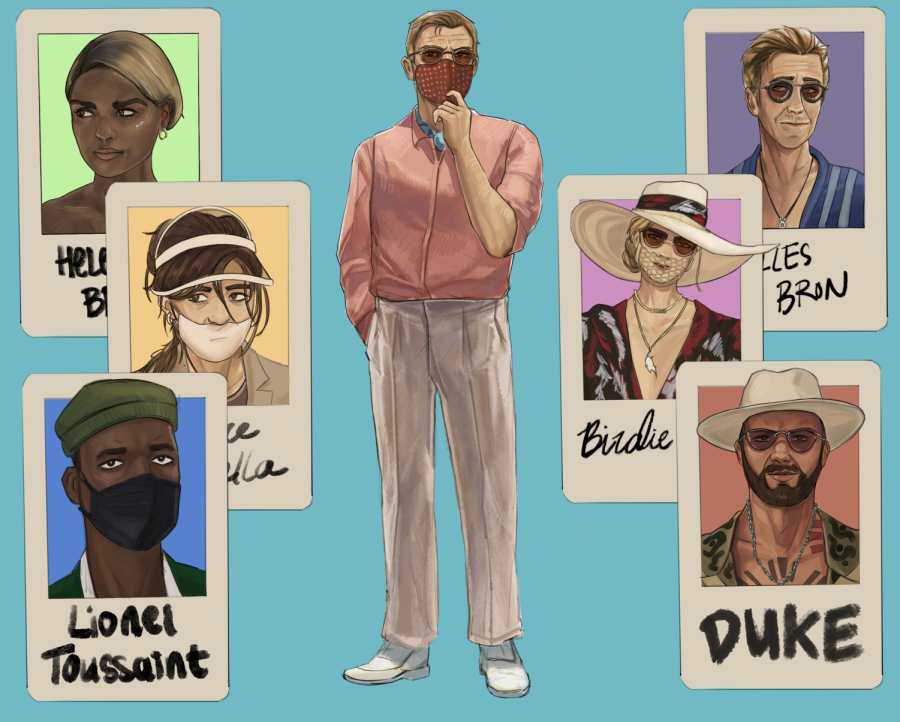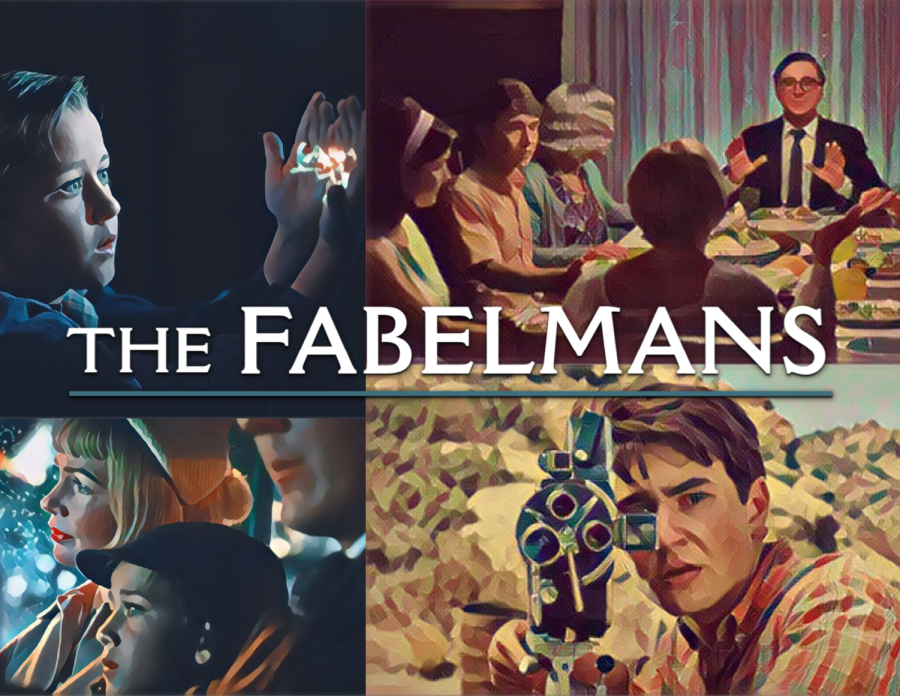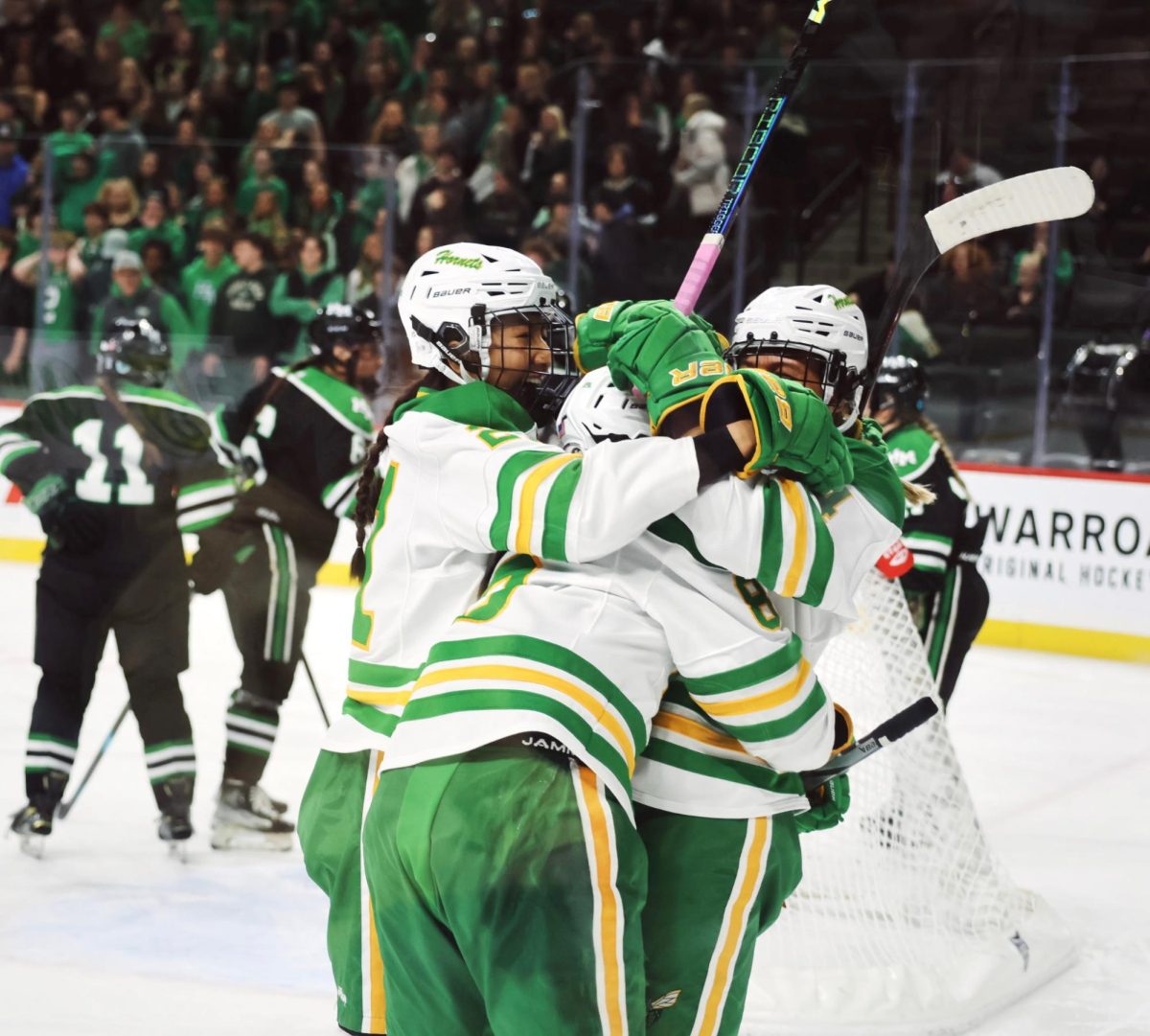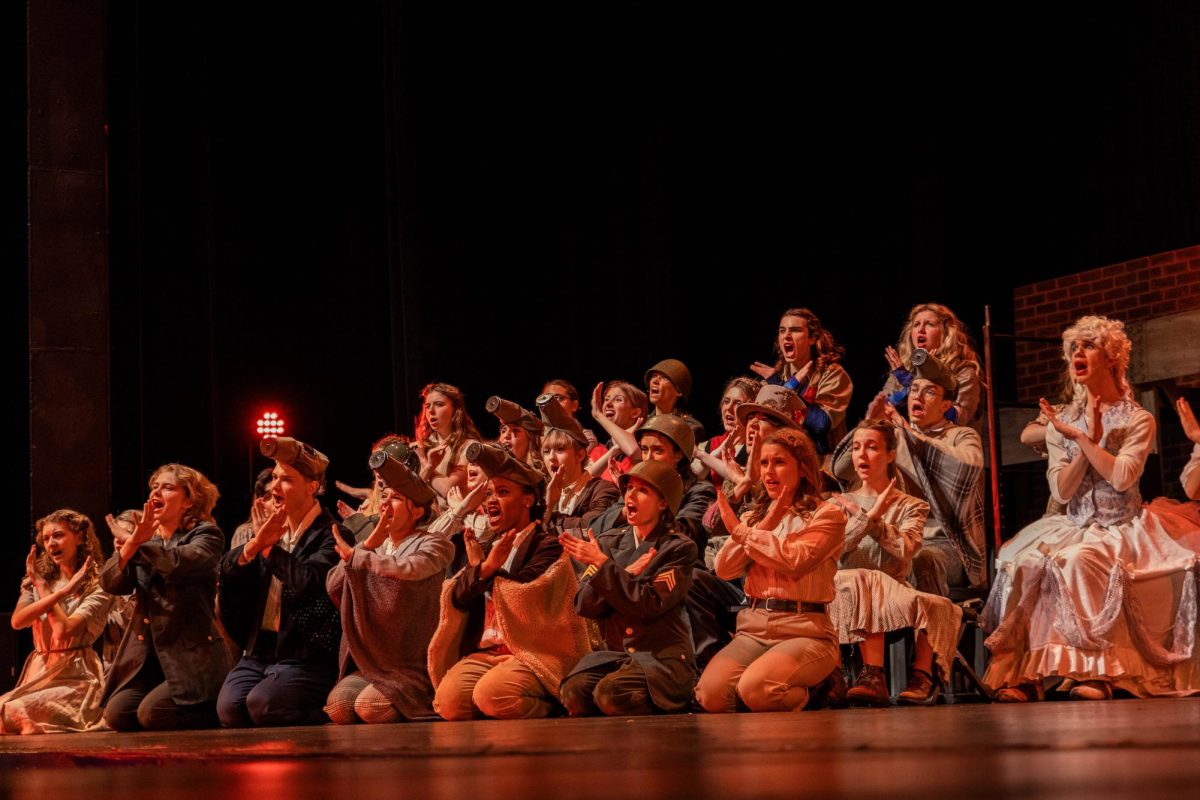Director David Leitch’s newest feature, “The Fall Guy,” is an ambitious film that tries to break free of the confines of its genre but fails spectacularly.
The story follows Colt Seavers (Ryan Gosling), a stuntman extraordinaire left unemployed after an accident on set forced him to take an 18-month break. That is until the love of his life, Jody Moreno (Emily Blunt), is making her directorial debut, and supposedly wants him to do all the stunts for the project. Upon arriving on set, he learns that his famous actor counterpart, Tom Ryder (Aaron Taylor-Johnson), has gone missing, and it falls to Colt to find him.
The first 30 minutes of this film are an absolute slog, as the main driver of the plot is not evident. Colt was not told by Jody herself that she needed him for the film; it was Tom’s agent, Gail Meyer. Compounding this, Colt has not spoken to Jody in the time since he was injured, resulting in Jody wanting him to leave. As such, he has nothing to do until he has moped around for long enough that he stumbles into Gail’s trailer, where she reveals the true purpose of his presence to find Ryder. Before the big reveal, there are some fun moments; Colt and Jody having a thinly veiled discussion over the state of their relationship under the guise of director’s notes over megaphones in front of the entire cast was particularly memorable.
Despite these frequent bursts of levity, the story never seems to recover from its pacing problem. It wants to be an action flick and romance simultaneously but struggles to make the two plots run concurrently. One has to stop for the other to advance. For instance, when Colt is investigating Ryder’s hotel room and could get caught at any moment, he suddenly gets a phone call from Jody to discuss the script and the search pauses for the remainder of their call. This does wonders for the romance, but it kills the tension of the action. This issue works the other way too. When Jody tells Colt to meet her at a karaoke bar, allowing him a chance to heal their relationship, which has been the entire motivation of his character so far, he decides he needs to find Ryder’s phone. This leads to him fighting a spate of nameless mercenaries, and by the time he returns, surprise! The karaoke bar is empty and Jody is mad at Colt for ghosting her. The effect of this tonal tug-of-war means neither narrative has room enough to breathe. Jody and Colt’s relationship is solid, but not as much as it needs to be. Meanwhile, the overarching plot is pitifully threadbare. Case in point: the villain.
This section does contain spoilers, so read at your own risk.
Now the big question: Who is responsible for Ryder’s disappearance? Ryder himself! Why? After accidentally killing one of his stunt doubles over an argument about whether or not Ryder does his own stunts, his agent, Gail, decides to frame Colt for the murder by replacing Ryder’s face with Colt’s in the incriminating footage using AI. Ryder then tries to kill Colt so it will look like a murder-suicide. As the cherry on top, it turns out Ryder had tried to kill Colt once before, 18 months ago, by sabotaging his stunt harness because he hated Colt’s cocky attitude.
Not only does the revelation that Gail planned this scenario out from the beginning create a series of plot holes so numerous that the movie is comparable to Swiss cheese, but the reveal of Ryder as the villain doesn’t even work. The beginning of the film guides the audience through the moments leading up to Colt’s accident, where there is no animosity between him and Ryder. Their only conversation consists of them agreeing to do a movie take again. Colt isn’t cocky; his only personality trait is that he’s Ryan Gosling. Add that to the fact that Ryder isn’t in the first two-thirds of the movie, and this “twist” feels more like the writers were rushed for time and just decided to pin the whole thing on some random guy.
“The Fall Guy” is an action movie that wants to be more: a romance, a surprise twist, and a socially conscious critique of AI in Hollywood. In better hands, it could’ve certainly succeeded. But David Leitch is not nuanced. A former stuntman, he rose to prominence with hyper-violent, high-octane thrills, à la “John Wick” and “Bullet Train.” Although his style is highly entertaining in the proper context, it is not suited for more layered discussions. With a flimsy critique of AI, underdeveloped characters, and a romance designed to maximize humor and not chemistry, “The Fall Guy” only says one thing: This is yet another movie about a white guy punching stuff.


